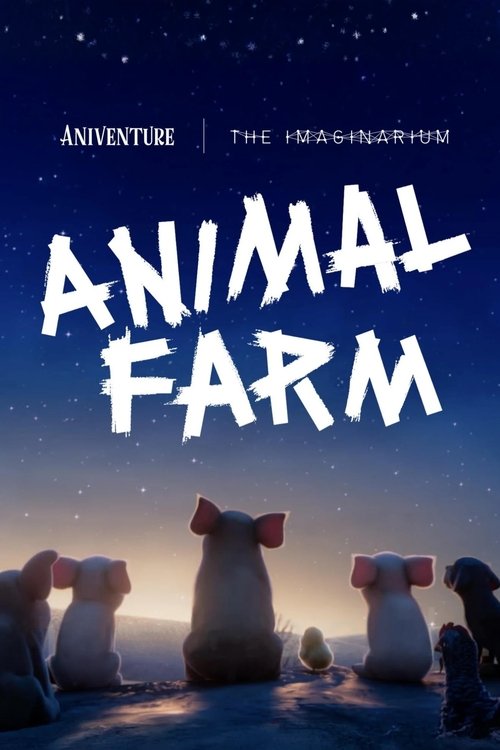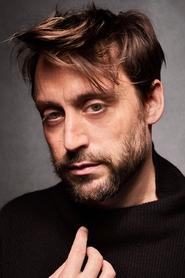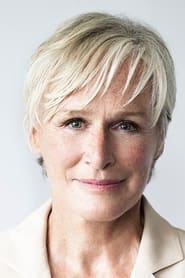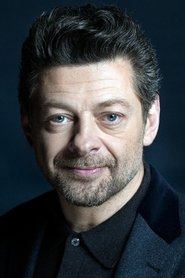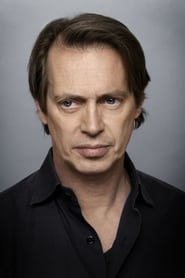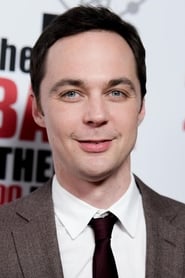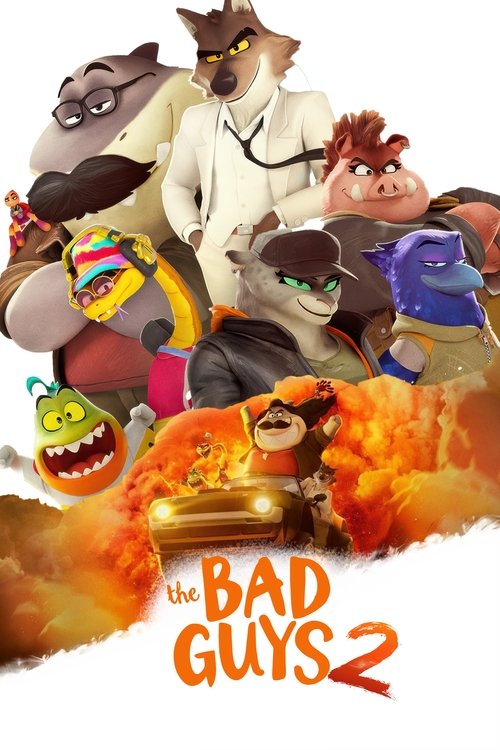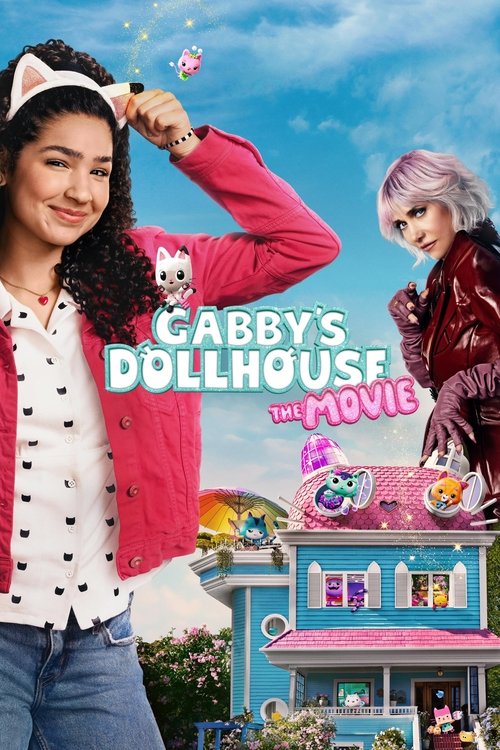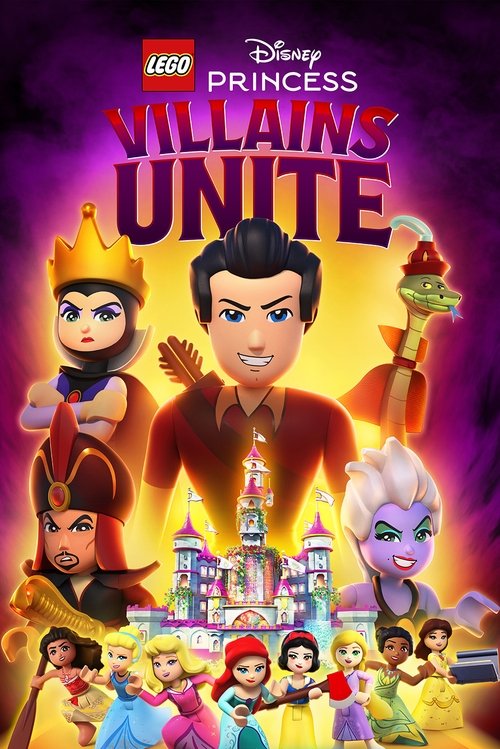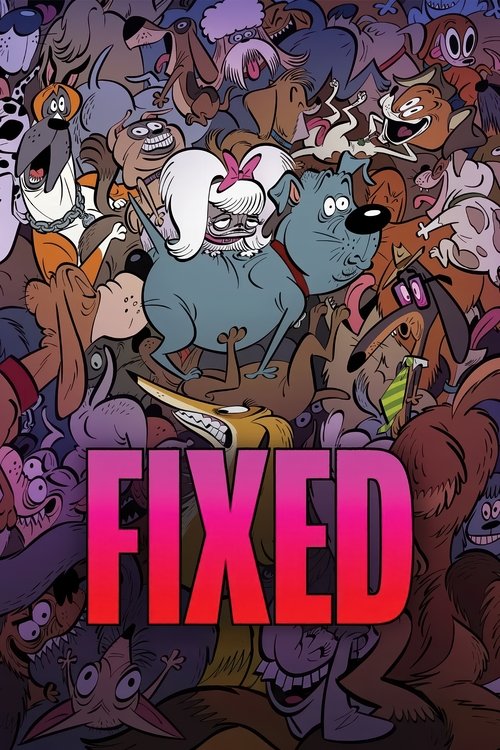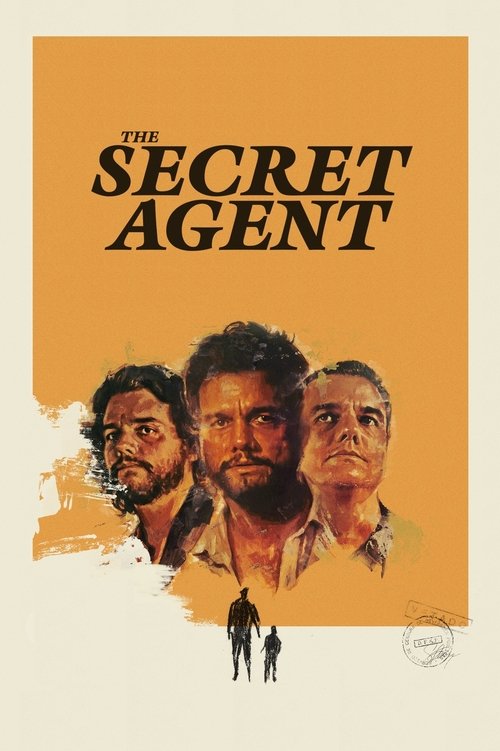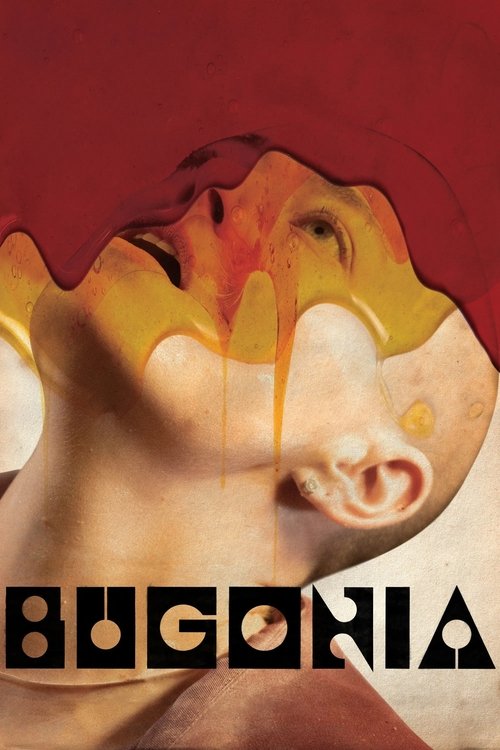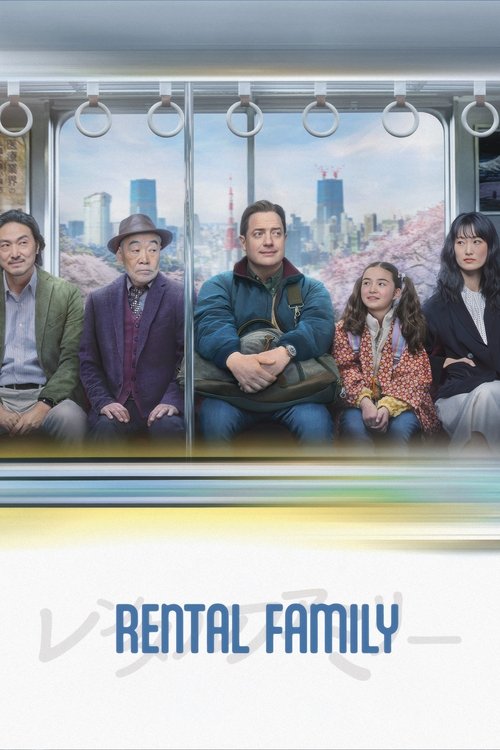
Ask Your Own Question
What is the plot?
Manor Farm opens in neglect under the care of Mr. Jones, a drunken farmer who tends his animals with neglect and cruelty. In the barn one evening, the aged boar Old Major summons every creature to a midnight meeting. He speaks of a future in which animals must overthrow human masters and run the farm for their own benefit, urging them to remain faithful to one another under the belief that all animals are equal. Old Major then leads the assembled livestock in a rousing song of rebellion; midway through that song he suddenly collapses and dies, leaving the animals stunned and charged with his vision.
The next morning, Mr. Jones sleeps off another drinking bout and neglects to feed the animals. The pig Snowball takes charge of a plan to pry open the store-shed and reclaim the food. As the animals succeed in breaking into the stores, Jones appears, cracking his whip and angrily confronting them. The animals push back; they chase Jones off the property and in the scuffle they defend the farm from his authority. Jones soon returns with a group of neighboring farmers determined to retake his property. A pitched fight erupts between the animals and the armed men. The livestock manage to rout the farmers; during this violent encounter several animals die in the fighting, and one dog is killed by the farmers, leaving her litter of puppies orphaned on the straw.
After driving the humans away for good, the animals rename the estate Animal Farm and haul away the instruments Jones used to threaten them. The pigs, designated as the farm's leading intellects, set out a new governance. Napoleon, an ambitious pig, quietly takes the orphaned puppies and removes them from public view to rear them alone. The animals institute regular debates and votes to decide daily affairs and compose a short set of commandments, the most prominent asserting that all animals are equal. For a time the harvest runs smoothly; everyone works, the fields supply plenty, and the animals enjoy a season of abundance.
A bitter winter follows. Snowball proposes a bold project: a windmill that will generate electricity for the farm and supply modern comforts. He draws diagrams, rallies support among the animals, and argues that the windmill will lessen labor. Napoleon opposes the plan, though he holds back direct confrontation. As winter thaws into spring, Napoleon uses the secretive dogs he has raised into a private force of killers to seize a political opening. He unleashes those hounds to chase Snowball across the yard; the dogs pursue Snowball and maul him to death. Afterwards, Napoleon announces that Snowball had planned to betray the farm and bring Jones back, and he declares that henceforth the pigs will no longer hold open meetings since he will speak for all and "predict" others' wishes.
Napoleon claims credit for the windmill and immediately begins its construction. The pigs preside over the labor while the beasts of burden do the building. Boxer, a powerful cart horse renowned for his tireless devotion, drives himself to produce longer hours and greater output under the mantra that he will always do more and that Napoleon knows best. Benjamin, an old donkey who trusts no one's words but loyally accompanies Boxer, keeps his quiet skepticism but continues to work alongside his friends. The pigs increasingly withdraw from manual labor, sleeping late and indulging themselves with the best portions of food.
As the windmill rises, resource pressures mount. Napoleon decides to obtain grain and other supplies by bartering eggs laid by the hens. When he informs the hens that their eggs will be traded to secure food, they recollect Old Major's promise that they would be free to keep their own produce. In protest the hens congregate on the rafters, then descend upon the food stores and pelt the pigs with eggs. Napoleon reacts with brutality: he commands his dogs to tear into the hens. The pack of hounds tenses, lunges, and rips the protesting birds apart; the cats and small animals scatter in panic. A cat that had been sleeping nearby is swept up in the chaos and killed by the dogs as well. Napoleon holds a show trial soon afterwards, where he forces confession from several animals under threat. A remaining group of hens, together with a sheep and a duck accused of treachery, are dragged out and executed by Napoleon's dogs, torn down in the yard at the pigs' orders. Napoleon bans the revolutionary song the animals had sung and declares that singing it will be a capital offense.
Not all enemies are internal. A coalition of resentful human farmers plots to put an end to Animal Farm. They assemble in the surrounding hedgerows and attack. The animals mount a fierce defense. Snowball--though dead--had once organized tactics against such assaults; in the battle that follows the beasts fight with ferocity and succeed in repelling the humans. The skirmish leaves casualties; several animals die in the exchange. During the fray the windmill, still unfinished, becomes a target. In the chaos of the counterattack Mr. Jones returns to the site and sets explosives against the structure; the blast devastates the nearly completed windmill and in the conflagration Mr. Jones is killed when the explosion consumes him.
The explosion also injures Boxer severely. He is struck down by falling timbers and crushed masonry; though he survives the blast, his injuries leave him weakened and in pain. Nevertheless, rebuilding the windmill becomes the farm's consuming obsession. Through the winter the heavier labor rests on Boxer and Benjamin, who both heave stones and haul beams far beyond safe limits while the pigs remain idle in the farmhouse. Spring brings a new, harsher accident. One rainy night Boxer suffers a catastrophic collapse while working on the windmill, breaking his leg and sustaining injuries that render him unable to pull a single load. The assembled animals expect that Boxer will be allowed to retire to a comfortable life after years of labor, but Napoleon has already arranged a different fate.
Shortly after the injury, an ambulance arrives with official markings. Benjamin reads the lettering and realizes the vehicle belongs to the knacker, men who purchase worn-out animals to slaughter. He rushes toward the van, calling for help, and lunges to stop the attendants. He cannot overcome their strength. Boxer screams as the men lift him into the vehicle; he bangs weakly against the walls and cries out in terror while Benjamin claws at the doors, his braying agony echoing across the yard. The van drives away. Squealer later addresses the farm and announces that Boxer has been taken to a veterinary hospital, where he died quietly after praising Napoleon with his last words. The animals' protests die under the glare of Napoleon's hounds; none of them attempt a rescue and the truth of Boxer's fate remains hidden from most. Meanwhile, the pigs accept the payment given for Boxer and buy themselves crates of whiskey; that evening they drink a celebratory toast to the fallen workhorse.
Time presses on. The pigs adopt human habits: they begin to walk upright on their hind legs, don clothes taken from the farmhouse wardrobes, and hold private meetings with neighboring farmers. The windmill rises again under human-engineered plans, but the power it delivers benefits only the pigs and the farmhouse's conveniences. The commandments painted on the barn walls are altered incrementally; written rules that once read "All animals are equal" are rewritten and reinterpreted by Squealer, Napoleon's mouthpiece, until the final maxim on the wall proclaims that "All animals are equal but some animals are more equal than others." Squealer spins every adjustment as necessary; he explains that compromises must be made to ensure the farm's survival.
Years pass and conditions for the common beasts worsen. The pigs negotiate trade deals with the farmhouse's human neighbors, exchanging eggs and produce for whiskey, boots, and other luxuries. Napoleon tightens rations and orders longer workdays; he claims higher production will secure the farm's safety. He hosts delegations of pigs from surrounding farms, entertaining them at long tables with wine and roast meats. One evening Benjamin sits beneath the hedgerow and watches through the window as Napoleon presides over a feast and announces to his pig guests that he intends to increase labor demands and reduce the animals' food allotments. Benjamin stares at Napoleon's profile, the pig's snout and the heavy lids over his eyes, and for the first time he cannot distinguish between the designs of the pig and the memories of Mr. Jones. The faces of oppressors, human and porcine, blur together.
That night Benjamin summons the other animals and recounts what he has seen; he tells them plainly that he can no longer tell where Master Jones ends and where Napoleon begins. Stirred by Benjamin's words and by the accumulation of slights and atrocities--the murders carried out by the dogs, the loss of Boxer, the hens' massacre--the animals rise in a unified motion. They marshal themselves outside the farmhouse. Napoleon realizes the danger and rushes to control the situation; he stamps his feet and calls for the dogs to fall to heel. He snaps his fingers to order the hounds to bolt at his command. The dogs, however, have been given access to the farmhouse's liquor cabinets in private; they are intoxicated. They slumber in the grass, slumped and unresponsive, their heavy breathing punctuated by snores. Napoleon runs to them and yells until he is hoarse; the animals flood the yard toward the house.
With no canine force to oppose them, the livestock break through the farmhouse doors. They charge into the parlor where the pigs have been seated, overturning chairs, scattering silverware, and flinging curtains wide. The animals swarm the room and move up the staircase, trampling rugs and knocking over lamps as they storm the bedrooms. They fling open the windows and hurl crockery onto the lawn below. The pigs scramble; some attempt to flee through back corridors, others fall to the floor and plead. The assembled animals press inward and batter through to the heart of the farmhouse. Napoleon tries again to seize control, but his authority dissolves in the muddied fury of the revolt. The farm animals, led by Benjamin's steady presence and spurred by the ghosts of Boxer and the others, smash their way into the house and reclaim the rooms where their masters once feasted.
The final scene leaves the farmhouse in disarray, its occupants scattered, the hounds incapacitated from drink and unable to enforce their master's commands. The animals stand amid the wreckage and the overturned furniture, breathing hard. They have converged once more against those who have oppressed them, and in that convergent fury they push through the doors into the house's inner rooms as night falls. The camera lingers on the ruined parlor and the silent, slumped forms of the dogs on the lawn while, inside, the animals batter the last sealed doors open. The story closes with that decisive, noisy breach of the farmhouse and with the animals occupying the rooms that humans once used, marking a raw and chaotic reversal of control.
What is the ending?
Short Narrative Ending: The 2025 animated film "Animal Farm" concludes with a scene where Napoleon, now fully embracing his role as a leader indistinguishable from the humans he once rebelled against, hosts a dinner party with neighboring farmers, including Freida Pilkington. The animals watch from outside, unable to distinguish between the pigs and humans, symbolizing the pigs' complete transformation into the oppressors they initially sought to overthrow. This ending reflects the corrupting influence of power and the cyclical nature of oppression.
Expanded Narrative Ending:
The final scenes of the movie unfold with Napoleon, voiced by Seth Rogen, firmly entrenched in his role as the leader of Animal Farm. He has successfully manipulated the narrative to maintain his authority, using rhetoric that echoes nationalist propaganda to rally the animals against external threats. Meanwhile, Snowball, voiced by Laverne Cox, has been driven out, and her influence is all but forgotten.
As the story progresses toward its conclusion, Napoleon's transformation into a figure indistinguishable from the humans he once rebelled against becomes more pronounced. He begins to dress and behave like them, symbolizing his complete embrace of the very oppression the animals initially sought to escape.
The climax of the film is set at a dinner party hosted by Napoleon at the farmhouse. He invites Freida Pilkington, voiced by Glenn Close, and other neighboring farmers to join him. The pigs and humans mingle, playing cards and enjoying each other's company, while the other animals watch from outside the window. This scene is pivotal as it visually represents the pigs' transformation into the oppressors they once rebelled against.
As the animals observe the dinner party, they are struck by the realization that they can no longer tell the pigs apart from the humans. This moment is a stark reminder of the corrupting influence of power and how revolutions without accountability often replace one oppressive regime with another.
The fate of the main characters is as follows: Napoleon remains in power, having successfully manipulated the farm into a mirror image of the human society they initially rebelled against. Snowball is absent, having been driven out by Napoleon's machinations. Boxer, voiced by Woody Harrelson, is not present in the final scenes, as his character's fate is typically tragic in adaptations, often dying or being sent to the glue factory. However, specific details about Boxer's fate in the 2025 film are not provided in the available information. Squealer, voiced by Kieran Culkin, remains loyal to Napoleon, serving as his aide and propagandist. Lucky, voiced by Gaten Matarazzo, is torn between the teachings of Napoleon and Snowball but ultimately finds himself caught in the midst of Napoleon's regime.
The ending of the film maintains the core message of George Orwell's novella, highlighting the dangers of unchecked power and the cyclical nature of oppression. It serves as a cautionary tale about the importance of accountability and the need to question authority to prevent the rise of new oppressors.
Is there a post-credit scene?
Yes, the 2025 animated film Animal Farm directed by Andy Serkis includes post-credit scenes. Notably, there is a second post-credit scene featuring the character Benjamin, voiced by Kathleen Turner, which serves as a setup for a potential crossover titled Animal Farm v Monster House. This indicates that the film uses its post-credit scenes to hint at future storylines or expansions beyond the main narrative.
What new characters are introduced in the 2025 Animal Farm movie, and what roles do they play?
The 2025 Animal Farm film introduces new characters such as Lucky, a piglet who serves as the audience surrogate and is torn between Napoleon and Snowball's teachings. Other new characters include Frieda Pilkington, a billionaire neighbor scheming to take over the farm, voiced by Glenn Close, and Puff and Tammy, two piglets who are Lucky's friends. These additions expand the story beyond the original novella's cast and reflect contemporary political issues.
How is the character Snowball portrayed differently in the 2025 adaptation?
In the 2025 adaptation, Snowball is portrayed as a female sow, voiced by Laverne Cox, marking the first time this traditionally male character is gender-swapped. Snowball remains a rival to Napoleon and is responsible for the initial set of rules for the animals' society on the farm.
What is the nature of Napoleon's leadership and his conflict with Frieda Pilkington in the film?
Napoleon, a cunning Saddleback boar voiced by Seth Rogen, rises to power after the animals' rebellion. His leadership becomes increasingly authoritarian and corrupt. He faces a significant threat from Frieda Pilkington, a billionaire neighbor who aims to take over Animal Farm. Their rivalry represents competing threats to the farm's wellbeing, with Pilkington portrayed as a modern, scheming antagonist.
How does the film depict the character Lucky and his internal conflict?
Lucky is a young piglet who acts as the audience surrogate, caught between the teachings of Napoleon and Snowball. His character embodies the struggle to navigate the corrupt and shifting power dynamics on the farm, reflecting the broader themes of loyalty and moral choice within the story.
What role does technology and modern elements play in the 2025 Animal Farm movie?
The 2025 film sets the story in the present day, incorporating modern technology and pop culture references, such as the character being called 'the Notorious P.I.G.' This contemporary setting includes cyberpunk-esque vehicles and reflects 21st-century political issues, updating Orwell's original allegory to resonate with modern audiences.
Is this family friendly?
The 2025 animated film Animal Farm is generally family-friendly but contains some content that may be upsetting or objectionable for children or sensitive viewers. It features moderate sexual content, mild violence and gore, and severe frightening and intense scenes. There is no profanity, drug, alcohol, or smoking content.
Potentially upsetting aspects include:
- Severe frightening and intense scenes that could be disturbing for sensitive children.
- Mild violence and gore, likely involving animal conflict or peril, but not graphic.
- Moderate sexual content, though details are not explicit, it may be suggestive or thematic rather than explicit.
- The film deals with serious themes of power, betrayal, and political allegory, which might be complex or emotionally heavy for younger children despite the family-friendly tone.
Overall, while the film is designed to be accessible to families and younger audiences, parents should be aware of the intense scenes and thematic depth that could be unsettling for very young or sensitive children.
What is Luckyx27s backstory?
Lucky is a piglet introduced as a new character in the 2025 animated film Animal Farm. He is portrayed as the main protagonist, characterized by a public-spirited and optimistic nature. Lucky is depicted as being torn between the teachings of Napoleon and Snowball, the two rival leaders on the farm, which places him in a central role in the story's power struggles and ideological conflicts.
While detailed backstory specifics about Lucky's origins or early life are not extensively documented in the available sources, his role as a young piglet caught between competing visions for the farm suggests he represents a new generation of animals grappling with the legacy and consequences of the rebellion. His friendships with other piglets, Puff and Tammy, further emphasize his youth and potential for influence in the evolving social dynamics of Animal Farm.
In summary, Lucky's backstory centers on his position as a young, idealistic piglet navigating the complex political landscape shaped by Napoleon and Snowball, embodying the hope and challenges of the farm's future.
What happened when Lucky confronts Napoleon?
In the 2025 animated film Animal Farm, Lucky is a new character introduced as a piglet torn between the teachings of Napoleon and Snowball. Over the course of the movie, Lucky comes to realize Napoleon's true intentions and the corrupt nature of his rule. When Lucky confronts Napoleon, it is a pivotal moment where Lucky challenges Napoleon's authority and exposes the truth behind his manipulations and betrayals. This confrontation highlights Lucky's internal struggle and eventual courage to stand up against Napoleon's tyranny.
The film, directed by Andy Serkis, expands on the original story by adding characters like Lucky to deepen the narrative of resistance and awakening among the animals under Napoleon's oppressive regime. However, specific detailed scenes of the confrontation between Lucky and Napoleon are not extensively described in the available sources, but it is clear that Lucky's confrontation symbolizes the broader theme of questioning and resisting authoritarian power on the farm.
What is Lucky and Boxerx27s relationship like?
In the 2025 animated film Animal Farm, Lucky and Boxer share a relationship that is emotionally close and somewhat paternal or familial in nature. Lucky, a piglet introduced as a new character in this adaptation, expresses a special bond with Boxer, describing it as almost like a father-son relationship, though they clarify it is more like an uncle or distant cousin connection. This dynamic suggests a caring, supportive relationship where Lucky looks up to Boxer and feels a deep connection stemming from past events, such as Lucky being saved by Boxer during the rebellion.
Boxer, known for his loyalty and hardworking nature, likely serves as a protective and guiding figure for Lucky, who is torn between different ideological influences on the farm. Their relationship adds a layer of personal connection and mentorship that is new to this adaptation, enriching the narrative with emotional depth beyond the original novel's focus.
Thus, Lucky and Boxer's relationship in the 2025 film is characterized by mutual respect, affection, and a familial-like bond, highlighting themes of loyalty and guidance amid the farm's political turmoil.
How did Napoleon save Lucky at the rebellion?
In the 2025 animated film Animal Farm, Napoleon saves Lucky during the rebellion, which forms the basis of a special bond between them. This act of saving Lucky's life during the revolution leads Napoleon to want to take the optimistic young pig under his wing, almost like a father figure, creating a unique dynamic not present in the original book. Their relationship is portrayed as a kind of father-son connection, with Napoleon expressing pride in Lucky and their shared efforts in the rebellion.
This moment is significant because Lucky is a new character introduced in this adaptation, and his relationship with Napoleon adds emotional depth and complexity to the story. The film shows Napoleon mentoring Lucky after saving him, which influences Lucky's torn loyalties between Napoleon and Snowball's teachings.
Thus, Napoleon's saving of Lucky at the rebellion is a pivotal event that establishes their close bond and shapes Lucky's role in the unfolding power struggles on Animal Farm.

